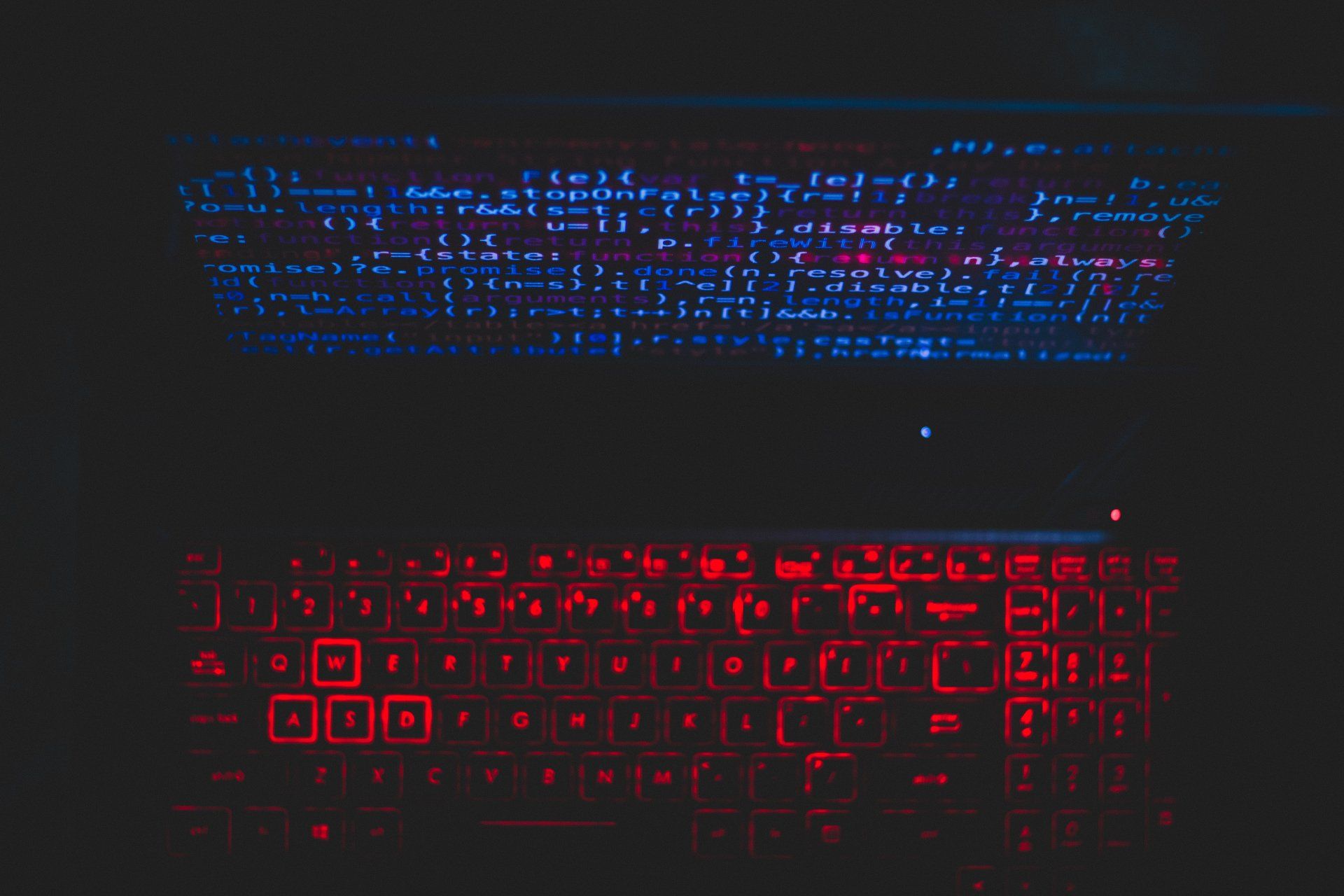NEW SCIENTISTS TECHNOLOGY
NEWSCIENTISTS
How the AI sector can be threatened by copyright laws in 2024
AI sector can be threatened by copyright laws in 2024

January 2, Reuters Should 2023 be remembered as the year artificial intelligence revolutionized the world, 2024 may be remembered as the year that AI was altered by U.S. copyright laws.
The rise in generative AI and the acceptance of Microsoft-backed technologies (MSFT.O) opens new tab Writers, artists, and other copyright holders have filed a flurry of copyright claims against OpenAI, Meta Platforms (META.O), opens new tab, Midjourney, and others, claiming that AI would not be possible without their contributions.
Thus far, judges have shown skepticism towards the plaintiffs' accusations of infringement concerning AI-generated content. However, courts have not yet tackled the more complex and potentially lucrative question of whether AI corporations are massively violating when they train their systems using vast amounts of text, photos, and other material that are scraped from the internet.
Tech firms caution that the lawsuits may put enormous obstacles in the way of the developing AI sector. According to the claimants, the firms owe them money for utilizing their creations without their consent or payment.
THE CASES
This year, a number of author groups have launched proposed class-action lawsuits against the exploitation of their texts in artificial intelligence training. These authors include comedian Sarah Silverman, former governor of Arkansas Mike Huckabee, author of "Game of Thrones" George R.R. Martin, and novelist John Grisham.
Copyright holders such as the New York Times, Getty Images, music publishers, and visual artists have also filed cases of a similar nature.
They all contend that by using their content for AI training without their consent, tech corporations violate their copyrights. The plaintiffs seek injunctions from the courts to prevent the unauthorized use of their work as well as monetary damages.New Paragraph

THE ARMY
To oppose the charges, tech corporations have brought in hordes of attorneys from some of the biggest legal firms in the nation. By drawing comparisons to the process by which humans acquire new ideas, they have justified their AI training in comments submitted to the U.S. Copyright Office. They contend that their use of the content is "fair use" for the purposes of copyright law.
"Just as a child learns language (words, grammar, syntax, sentence structure) by hearing everyday speech, bedtime stories, songs on the radio, and so on, a model 'learns' language by being exposed — through training — to massive amounts of text," Meta stated to the staff.
AI proponents also contended that negative decisions will have a terrible effect on the sector, which they claim has been operating under the mistaken impression that data processing is protected by copyright law.
According to Andreessen Horowitz, a venture capital firm based in Silicon Valley, "imposing the cost of actual or potential copyright liability on the creators of AI models will either kill or significantly hamper their development."
Conversely, copyright holders claim to have more cash on hand and highlight the businesses' remarkable success with AI initiatives like OpenAI's large language model-based (LLM) chatbotChatGPT.
The authors' trade association The Authors Guild informed the copyright office that "licensing the copyrighted materials to train their LLMs may be expensive— and indeed it should be given the enormous part of the value of any LLM that is attributable to professionally created texts."
UPCOMING
The parent business of Reuters News, Thomson Reuters (TRI.TO), is the subject of an ongoing litigation that may be one of the first significant indicators of problems with AI copyright.
In 2020, the information services business accused Ross Intelligence of forcibly stealing thousands of "headnotes"—a legal research platform from Thomson Reuters that explain legal arguments in court opinions—from the Westlaw platform in order to build an artificial intelligence (AI) legal search engine.
In September, a federal court made the decision that a trial in the Delaware case was necessary to ascertain if Ross had broken any laws. The case may provide a significant early precedent for litigation involving AI copyright and fair use, among other issues.
The case might go to a jury as early as August of the next year.
Referensi : https://www.reuters.com/legal/litigation/how-copyright-law-could-threaten-ai-industry-2024-2024-01-02/
Blake Brittain's reporting from Washington
More design inspirations
New Scientists Technology
Stay up-to-date with the latest advancements in technology with New Scientist. Explore cutting-edge innovations, discoveries, and trends shaping the future.
Contact Us
We will get back to you as soon as possible.
Please try again later.




